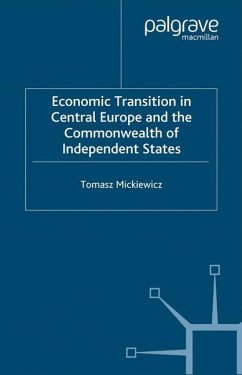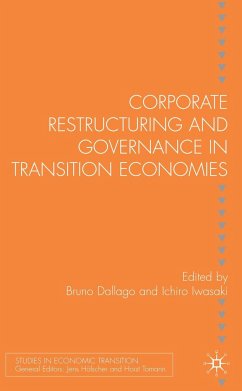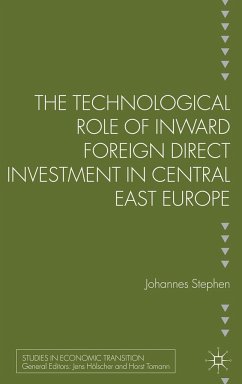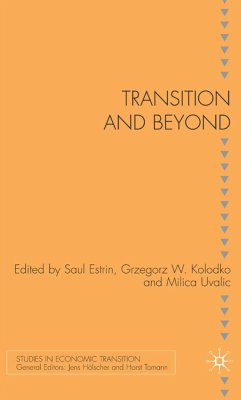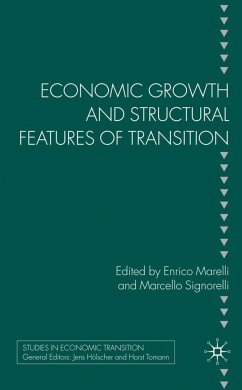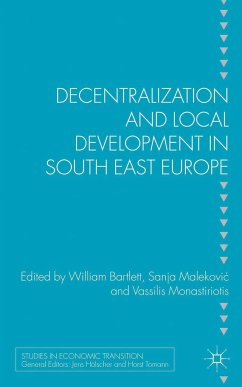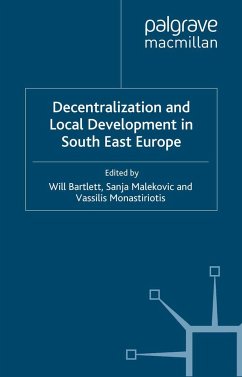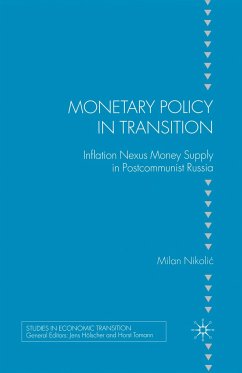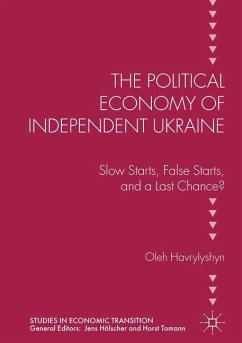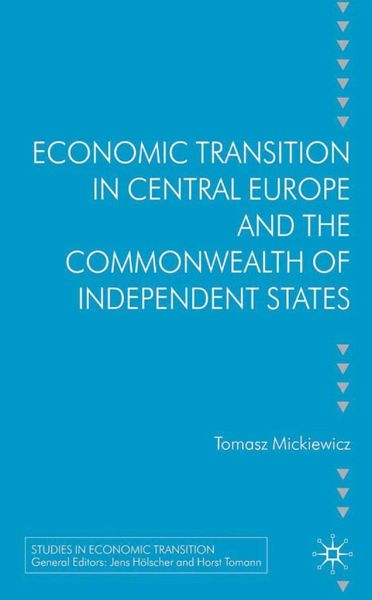
Economic Transition in Central Europe and the Commonwealth of Independent States
Versandkostenfrei!
Versandfertig in 6-10 Tagen
76,99 €
inkl. MwSt.
Weitere Ausgaben:

PAYBACK Punkte
38 °P sammeln!
Fifteen years ago, twenty-seven countries in Europe and Central Asia embarked on their economic transition paths. For some, the outcome was a considerable success. Several others are still struggling to shed the inheritance of the past and to correct more recent policy mistakes. Why were post-Communist recessions so long in some countries and growth disappointing? Why was fiscal performance so different? Was democracy a factor, which facilitated reforms or rather slowed them down? This book discusses these questions in the context of new empirical evidence, including a critical examination of ...
Fifteen years ago, twenty-seven countries in Europe and Central Asia embarked on their economic transition paths. For some, the outcome was a considerable success. Several others are still struggling to shed the inheritance of the past and to correct more recent policy mistakes. Why were post-Communist recessions so long in some countries and growth disappointing? Why was fiscal performance so different? Was democracy a factor, which facilitated reforms or rather slowed them down? This book discusses these questions in the context of new empirical evidence, including a critical examination of the main themes in the economics of transition literature.



